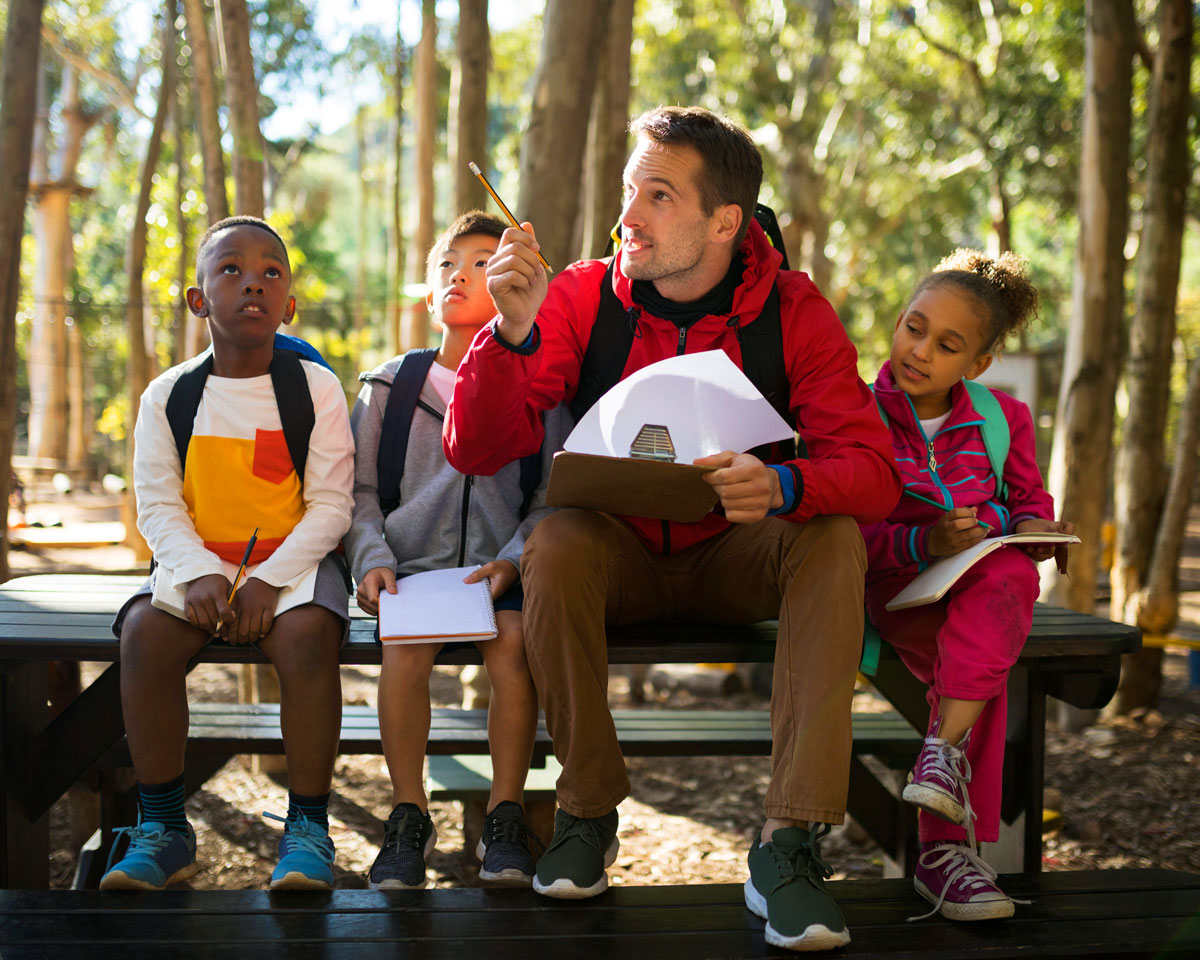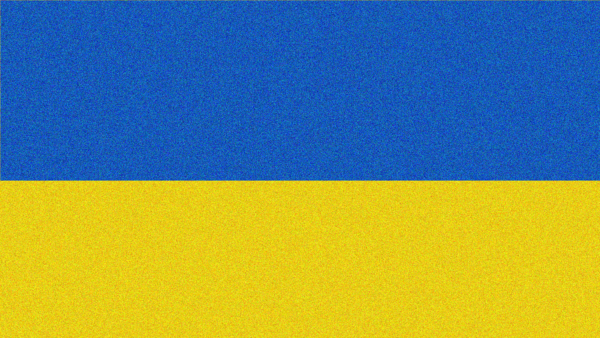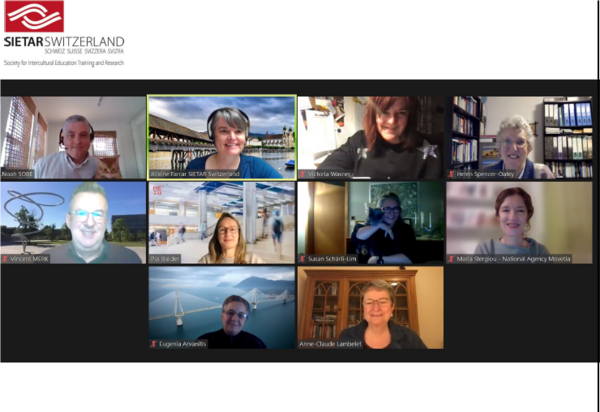![[Translate to english:] [Translate to english:]](/fileadmin/_processed_/5/0/csm_dsc02460_1_1_d3b8d957b4.jpg)
European Voluntary Service
The European Voluntary Service programme offers young adults aged between 18 and 30 the opportunity to carry out a community service abroad as a volunteer and to develop new skills while enjoying an intercultural experience. Host organisations receive support for their activities and benefit from the commitment and new ideas of young volunteers.
What is the European Voluntary Service (EVS)?
Young people who do an EVS participate individually in a community service project. Through this enriching experience abroad, they can improve their skills on many levels and actively help the host organisations. Both sides benefit from this intercultural exchange. The organisations participating in the programme have all been accredited to ensure the quality of the volunteering placements.
The fields of activity offered under EVS are very varied: social, cultural, health, child, youth and community work, environmental protection, etc. The tasks entrusted to young people should be varied and structured and, as far as possible, correspond to their interests and profile. The weekly working time is between 30 and 38 hours. A voluntary service commitment is not a substitute for a paid job, nor is it an internship. The programme serves the personal development of young adults and is open to all; it does not require professional knowledge or specific training.
During EVS, volunteers participate in training seminars which allow them to reflect on their experiences and support them in their learning process.
What is the application procedure for participating in the EVS programme?
What is the procedure for participating in the programme as an organisation/institution?
Any organisation wishing to participate in the programme and host volunteers must first be accredited. Information on the accreditation process and funding applications can be found on this page.
Formal criteria of the EVS programme
All the detailed information about the EVS programme can be found in the programme guide.
Here is an overview of the formal criteria of the programme:
- Participants: Young adults aged between 18 and 30 years and living in one of the participating countries. A young person can only participate in one EVS volunteer placement, in order to make the programme accessible to as many people as possible.
- Participating organisations/institutions: Any organisation wishing to participate in the programme must be accredited. More information on this subject here.
- Duration: the duration of a mobility is from two to 12 months; for young people with specific needs/less opportunities, it is possible to carry out short term volunteering of minimum 14 days (excluding travel days). The total duration of the project, including the preparatory and follow-up phases, is between 3 and 24 months.
- Place of volunteering: The volunteering must take place in Switzerland (incoming mobility) or in one of the programme countries (outgoing mobility).
- Advanced planning visit: A planning meeting may take place before the actual placement in the case of mobilities with a strong inclusion dimension. The maximum duration is two days (excluding travel days).
How are EVS supported financially by Movetia?
- Travel costs: from 400 to 1000CHF per person for international travel depending on the destination
- Organisation costs: 200CHF per person
- Subsistence costs:
- for volunteering: from 26 to 37CHF (including pocket money) per day and per person depending on the destination
- for planning meetings: from CHF 41 to 59 per day and per person depending on the destination
- Flat rate for a language course: 250 CHF per person (only if needed)
- Special needs: Actual eligible costs, max 12'000CHF
These grants are valid for projects approved from 2023 onwards. Details of the amounts allocated and explanations can be found in the programme guide. Grants for projects approved in 2021 and 2022 can be found here.
Further Information
Contact
Email
+41 31 303 22 03



